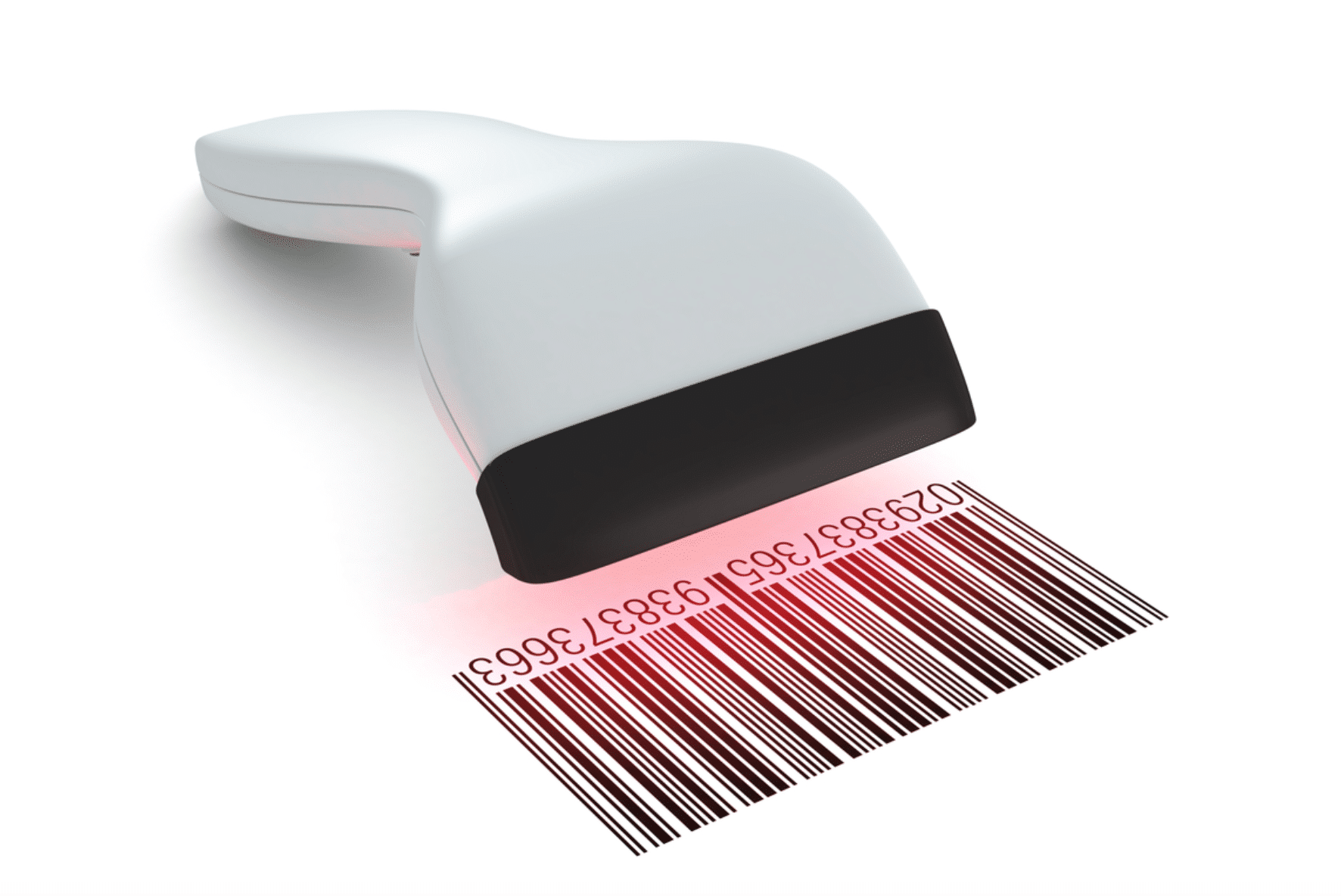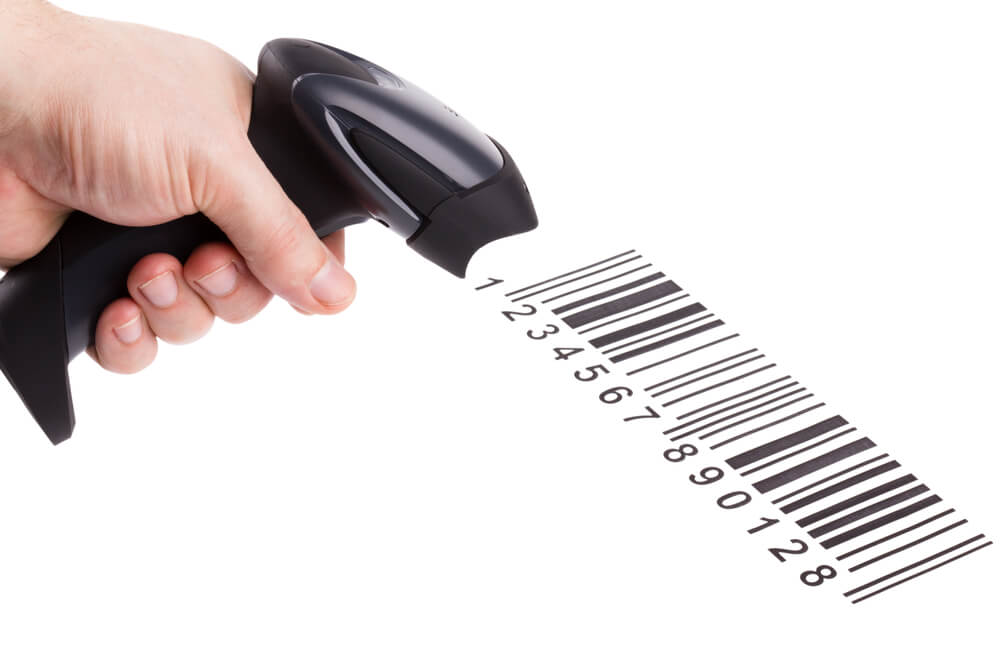Picking the Right Barcode Scanner for Your Business Requirements
Picking the suitable barcode scanner for your service requires a nuanced understanding of your particular functional demands and environmental conditions. Variables such as scanner type, speed, and compatibility with existing systems play a crucial role in figuring out the right choice. Considerations around sturdiness, connectivity, and the total cost of possession can dramatically influence long-term efficiency. Understanding these elements is necessary, yet several organizations overlook crucial elements that might affect their general productivity. The following steps in this process can make all the distinction for your procedures.
Understanding Barcode Scanner Kind
When it involves picking a barcode scanner, comprehending the different types available is essential for meeting particular company needs. Barcode scanners can be categorized right into numerous kinds, each developed for various applications and environments.
Fixed-mount scanners, on the other hand, are created for high-volume scanning applications, typically located in assembly lines or check out counters. These scanners are mounted in a fixed position, permitting for rapid scanning of several items in succession.
An additional type is the mobile computer system, which combines scanning capacities with computing power. These gadgets are perfect for area operations or storehouse management, allowing information collection and real-time inventory monitoring. In addition, there are industrial scanners that are developed to withstand severe settings, such as extreme temperature levels or direct exposure to dust and wetness.

Key Features to Consider
What vital functions should organizations focus on when picking a barcode scanner? First and foremost, scanning rate is critical, as faster scanners improve operational efficiency, especially in high-volume environments. The scanner's ability to read various barcode layouts is additionally essential; guarantee it sustains prominent types like QR codes, UPC, and Code 128 to accommodate varied supply products.
Longevity is an additional crucial function, particularly for businesses in rugged setups. Try to find designs that are built to withstand declines, dirt, and wetness. Additionally, consider the connection options offered; whether you like USB, Bluetooth, or Wi-Fi, the ideal connectivity can enhance assimilation with existing systems.

Evaluating Your Business Setting
To efficiently pick a barcode scanner, businesses need to analyze their certain functional environment. This analysis includes examining the physical format of the work area, the nature of the items being scanned, and the normal problems under which scanning occurs. As an example, a retail environment might require handheld scanners that can promptly process transactions at the check out, while a warehouse setting may gain from ruggedized scanners designed to withstand harsher problems.
In addition, consider the volume of scanning required. High-throughput atmospheres may necessitate advanced scanning innovations, such as fixed-position scanners or mobile phones that can run successfully in busy scenarios. The assimilation capabilities with existing inventory management systems also play an important function; make sure the selected scanner can effortlessly link with software program systems in operation.
A scanner that fulfills present demands could not be sufficient as organization expands. By thoroughly evaluating these aspects, organizations can go to website choose a barcode scanner that not only fulfills instant needs yet likewise supports lasting operational performance and versatility. barcodes scanners.
Budgeting for Your Scanner
Having analyzed the operational setting and determined the specific demands for a barcode scanner, the next action involves mindful budgeting to guarantee a clever monetary investment. Developing a budget plan starts with figuring out the overall expenses associated with the scanner, consisting of first purchase rate, operational expenditures, and potential upkeep costs.
When choosing a barcode scanner, take into consideration the series of readily available options, from portable tools to fixed-position scanners, as costs can differ considerably. It is important to balance price with functionality; choosing for an extra affordable design might lead to boosted functional inefficiencies if it does not satisfy your organization needs.
Along with the equipment, variable in costs connected to software, training, and prospective upgrades. While it may be tempting to reduce in advance expense, buying a high quality scanner that lines up with your functional needs can yield long-term savings through enhanced effectiveness and minimized downtime.
Last but not least, take into consideration the complete cost of ownership, which encompasses the scanner's lifespan and potential resale value. By carefully preparing your budget plan, you can make sure that your financial investment in a barcode scanner will improve your operational efficiency and monetary performance.
Integration With Existing Systems
Integrating a barcode scanner with your existing systems is essential for maximizing its effectiveness and ensuring seamless operations. barcodes scanners. A well-integrated scanner boosts operations performance, minimizes errors, and accelerates data processing. When selecting a barcode scanner, take into consideration compatibility with your existing software program Continue and hardware infrastructure, including your inventory monitoring systems, point-of-sale (POS) systems, and venture resource planning (ERP) solutions
Examine whether the scanner uses conventional procedures such as USB, Bluetooth, or Wi-Fi, which can facilitate simple integration. Additionally, analyze whether the scanner's software program uses APIs or SDKs that permit customization and assimilation with proprietary systems. This is particularly vital for services with distinct functional demands.
In addition, consider the scalability of the scanning remedy. As your business expands, your systems need to be able to fit additional scanners and deal with raised data volumes without substantial reconfiguration. Ultimately, investing in a barcode scanner that effortlessly integrates with your existing systems next will produce lasting benefits, boosting precision, efficiency, and general performance within your procedures. Take the time to completely examine your assimilation requires before buying decision.

Verdict
In final thought, picking a proper barcode scanner necessitates a thorough assessment of various aspects, including scanner kinds, essential attributes, and the particular organization atmosphere. The appropriate barcode scanner serves as a crucial tool in enhancing processes and assisting in effective stock monitoring.
Comments on “Space-Saving Barcodes Scanners for Efficient Scanning”